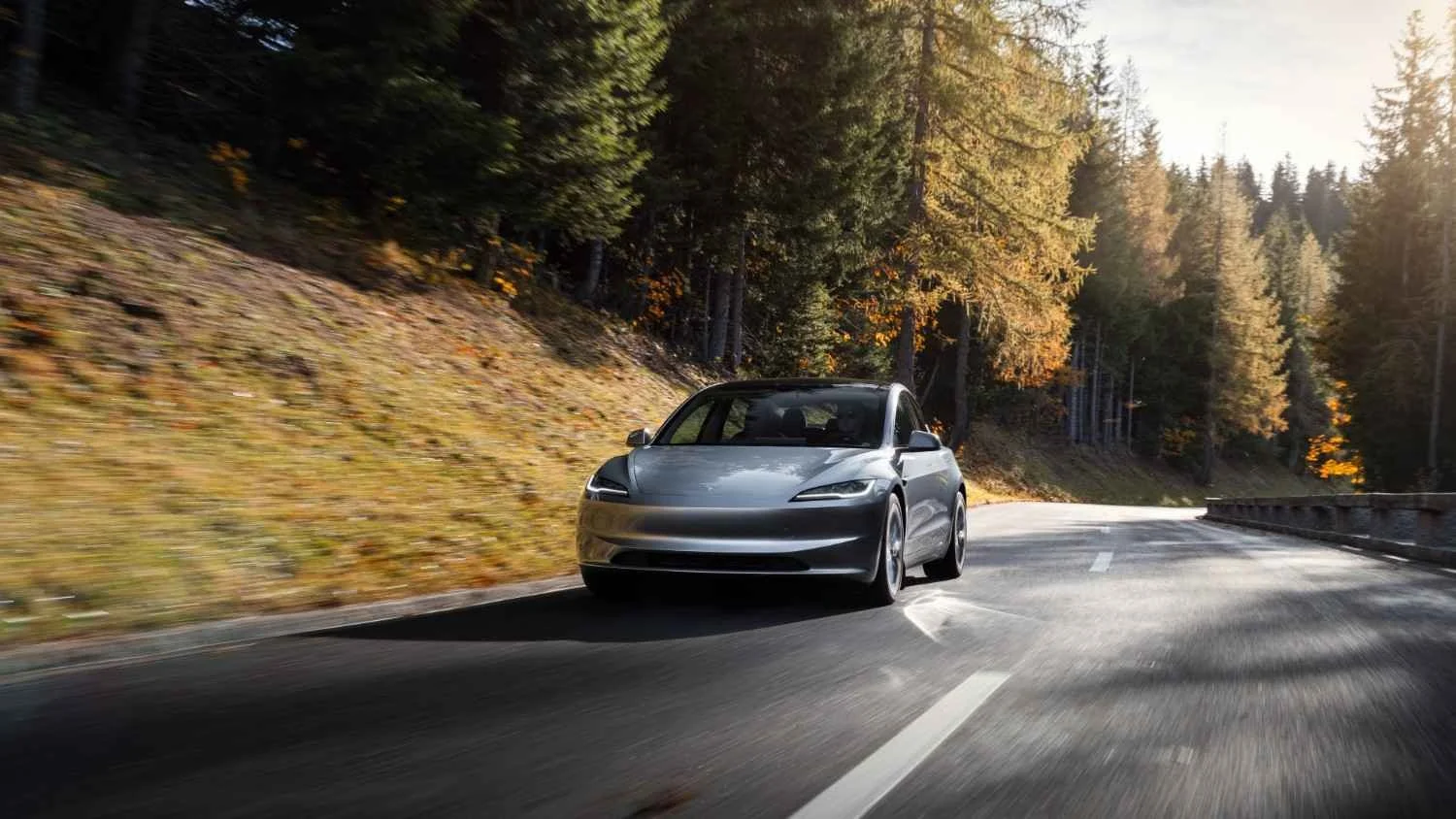What are the current HMRC advisory fuel rates for electric vehicles?
Source: Shutterstock
As the shift towards electric vehicles continues to gain momentum, recent updates from HMRC regarding the Advisory Fuel Rates (AFRs) bring both opportunities and challenges for businesses and employees alike. Effective from September 2024, these changes aim to reflect the evolving landscape of electric mobility and provide clearer guidance on reimbursements for electric company car drivers.
In this blog, we will look at the Advisory Fuel Rates and how they have changed over time in an attempt to make the subject a tad clearer!
What Are Advisory Fuel Rates?
Advisory Fuel Rates (AFRs) are mileage reimbursement rates set by HMRC for company car drivers in the UK. These rates cover fuel costs when employees use a company car for business travel. HMRC updates AFRs quarterly based on average fuel prices and engine type.
While petrol and diesel rates have traditionally dominated this framework, the inclusion of electric vehicle rates highlights the growing importance of sustainable transport solutions.
Key Changes to Electric Vehicle Rates
In the latest update, HMRC has introduced a new rate for electric vehicles, which is now set at 7p per mile. This change aims to provide clarity and consistency for businesses operating electric fleets or offering EVs as company cars. Although the rate may seem modest compared to petrol and diesel rates, it reflects a significant step toward acknowledging the unique cost structure of EVs, particularly as charging infrastructure continues to expand.
The previous Advisory Fuel Rate (AFR) for electric cars was 8p per mile before it was updated to 7p per mile effective September 2024. This adjustment reflects the growing adoption of electric vehicles and aims to provide a more accurate reimbursement rate for employees using electric company cars.
What Is The Current AFR For Petrol and Diesel Cars?
As of June 2025, the Advisory Fuel Rates (AFRs) for petrol and diesel vehicles have been updated. The rates for petrol and diesel cars are as follows:
Petrol:
1400cc or less: 12p per mile
1401cc to 2000cc: 14p per mile
Over 2000cc: 22p per mile
Diesel:
1600cc or less: 11p per mile
1601cc to 2000cc: 13p per mile
Over 2000cc: 17p per mile
These rates will continue to apply for businesses reimbursing employees who use petrol and diesel vehicles for business travel, reflecting stable fuel prices and usage costs in these categories.
Why This Matters for Businesses and Employees
Encouraging EV Adoption: With the government pushing for a greener future, the updated AFRs serve as a financial incentive for companies to consider transitioning to electric fleets. By adopting EVs, businesses not only contribute to reducing their carbon footprint but can also benefit from lower running costs in the long run.
Fair Reimbursement for Employees: For employees using electric company cars, the new AFR ensures that they are compensated fairly for their mileage. With the increasing number of employees opting for EVs, they must be supported in their choice to drive sustainably.
Navigating the Transition: The introduction of the new electric vehicle mileage rate can help businesses and employees better understand their financial responsibilities as they transition to greener vehicles. Companies can utilise this information to budget more effectively for their fleet and ensure they are compliant with HMRC guidelines.
How often does HMRC update its advisory fuel rates for electric vehicles?
HMRC updates advisory fuel rates four times each year on:
1 March
1 June
1 September
1 December
Petrol and Diesel Calculations: The fuel efficiency figures come from manufacturer data, weighted by actual business vehicle sales over the past three years (Fleet Audits 2021-2023). For LPG vehicles, efficiency is calculated as 20% lower than equivalent petrol models due to the fuel's lower energy content.
Rate Rounding: Calculated rates are initially shown to one decimal place, then rounded to the nearest penny for the final advisory rates. Rates ending in exactly 0.5p are rounded down if the underlying calculation is below 0.5 (e.g., 48.7p becomes 48p) or rounded up if above 0.5 (e.g., 51.3p becomes 51p).
Data Sources:
Fuel prices: Department for Energy Security and Net Zero (petrol/diesel) and AA website (LPG)
Electric rates: Combine electricity pricing from DESNZ and ONS with vehicle consumption data from the Department for Transport, weighted by three-year average business sales volumes
This methodology ensures advisory rates reflect real-world business driving patterns and current market prices.
Preparing For the Future
While the new 7p per mile rate may not fully cover the charging costs for all EVs, it represents progress in the recognition of electric mobility. As the electric vehicle market continues to mature, further adjustments to the AFRs may be necessary to reflect actual running costs more accurately.
For those looking to make the switch to electric, consider the benefits that come with choosing an EV through salary sacrifice schemes, like The Electric Car Scheme. These green car schemes can significantly reduce the upfront costs associated with purchasing an electric car while also offering substantial savings on Income Tax and National Insurance contributions.
It is a great perk to make your employees feel valued and to retain top talent, all whilst hitting your environmental, social and governance goals. At The Electric Car Scheme, employers are protected through our Complete Risk Protection offering and it’s of no extra cost to the company - it’s a win-win!
Are you an employer?
BOOK A DEMOAre you an employee?
SEE AVAILABLE CARSYou Might Also Like…
Last updated: 02/06/2025




